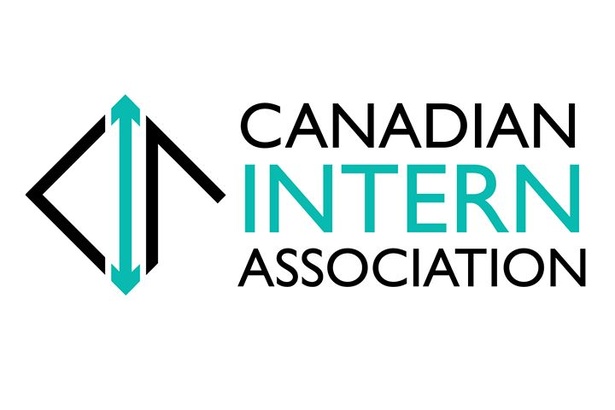The state of the unpaid internship
by Rachel Sanders
“Don’t devalue yourself.”
That’s the number one piece of advice that Claire Seaborn offers young people looking for work these days.
It’s kind of the opposite of the advice offered by the governor of the Bank of Canada last fall. Stephen Poloz’s suggestion that young job hunters should take unpaid work to gain experience caused an explosion of anger online and in the media.
But Seaborn, the president of the Canadian Intern Association, acknowledges that internships are a route that a lot of young people take to gain work experience.
“I think that young people should do whatever the heck they can to succeed in their careers, to make connections,” Seaborn told Story Board in a phone interview last week.
“But unfortunately, [Poloz’s] messaging was the wrong way around. He should be encouraging employers to pay people, not encouraging the vulnerable people to accept unpaid work,”
Seaborn says Poloz’s remarks were born of a lack of understanding about the issues. She also says she was thrilled about the attention that his remarks received.
“I don’t even know why it exploded so much, but I’m so happy it did because it gave us tons of good press,” she said.
And media attention is vital to her organization. The Canadian Intern Association has been working since 2012 to advocate for interns and speak out against their exploitation. And since they formed, the issue of unpaid internships has bubbled up in the media with increasing frequency.
Legislative reforms
The media coverage has helped increase awareness of the issues and spur the necessary legislative reforms. The media attention surrounding the deaths of three interns in Ontario, Seaborn says, played an important role in helping bring about a recent amendment to Ontario’s Occupational Health and Safety Act. That amendment, for which the Canadian Intern Association had been lobbying for two years, means that interns are finally protected under Ontario’s existing health and safety laws.
“It was just a very blatantly obvious hole in the law,” says Seaborn.
“Just because someone’s not being paid doesn’t mean they’re not entitled to a helmet or to refuse to operate dangerous machinery or that employers shouldn’t be obligated to make a work environment safe.”
Although Seaborn describes the amendment as “a huge win,” there are other provinces that still don’t protect interns under their health and safety laws. And more significantly, neither does the federal government.
“Who we’re bugging right now is the federal government, because for any federally regulated interns, they’re not covered by health and safety laws,” she says.
Although the actual number of federally regulated interns – many of whom work for banks, airlines, telecommunications companies and the federal government itself – is relatively small, Seaborn says it’s “a huge gap in the law.”
But Seaborn says the government is showing willingness to address this gap. She has appeared twice before the House of Commons standing committee on finance to give submissions on youth employment issues and met with the Canada Labour program earlier this week.
“It’s clear that we’re engaging the federal government and that they want to engage us, and that they want to do something to amend the Canada Labour Code,” she says.
The organization has also been partnering regularly with Liberal and NDP MPs to push the issue. Most recently, NDP MP Laurin Liu tabled a private members’ bill called the Intern Protection Act, which Seaborn says lays the groundwork for a future law.
Know your rights
In the meantime, Seaborn encourages interns to learn about their rights. The Canadian Intern Assocation is currently applying for funds to improve their website. They plan to create a more detailed Know Your Rights section with information about employment rights, human rights and health and safety rights for interns for each province in Canada. They also plan to add a law reform section to explain their policy proposals both provincially and federally.
And if you’re a former or current intern considering whether to claim back your pay — the minimum wage that you may be entitled to under the law — the Association’s website has instructions and advice on how to do that, too.
Seaborn, who has worked unpaid internships herself, passes no judgement against people working at or considering unpaid internships.
“The advice that I give is carry on with your business. Do whatever you can. Know the law, know what your rights are and assert your rights. But I understand that as someone without a lot of work experience when you’re trying to break into an industry, that that’s not always an easy thing to do,” she says.
Above all, she encourages young people to appreciate their own value and the value of their peers.
“That’s something that I’m learning, too. I’m 26. As a 26-year-old female who’s almost a lawyer, I shouldn’t devalue my time or the value of my advice. Definitely I’m still learning from all of the lawyers that are superior to me, but I have a lot of value,” she says.
“I think when young people are confident in their own abilities and their own value then it allows them to succeed.”



